When implementing digital diplomas, diplomas from high school, university, and postgraduate training programs will be digitized. Managing and using them entirely in a digital environment, within the territory of Vietnam, will limit issues of fake diplomas and negative practices related to diplomas.
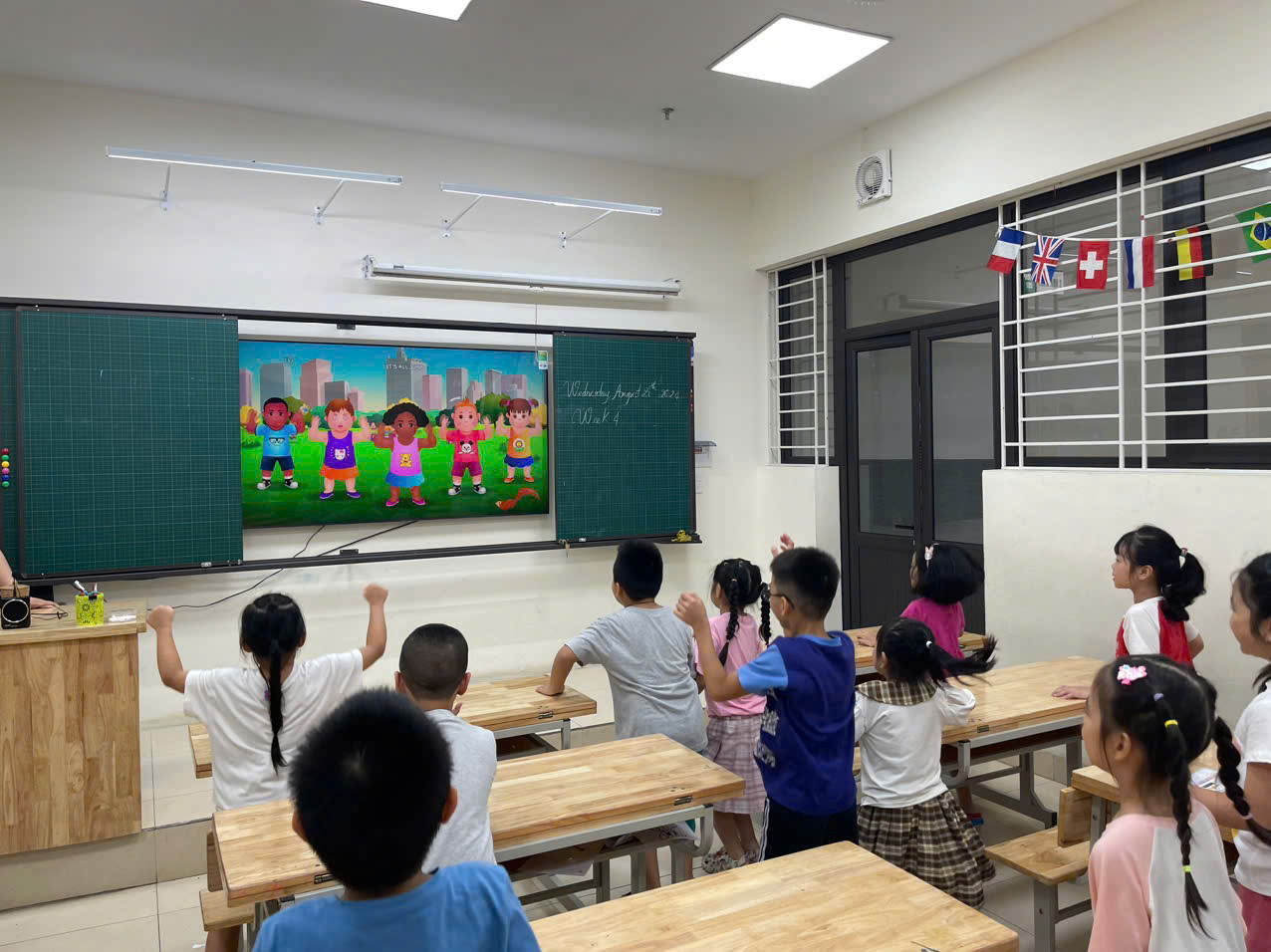
This information was shared by Mr. Nguyen Son Hai, Director of the Information Technology Department ( Ministry of Education and Training ), at the Digital Transformation in Education and Training Workshop themed "Higher Education with Digital Technology," which recently took place in Hanoi.
Currently, the education sector has essentially completed the construction of databases in education and training, from preschool education, general education, continuing education to higher education. In particular, since 2022, the Ministry of Education and Training has developed and put into operation the Higher Education Database System (HEMIS), which aggregates data from all universities, colleges, and academies nationwide, including data groups on faculty, students, training programs, majors, facilities, finances, and assets.
To date, the education sector has digitized data from approximately 470 higher education institutions, over 25,000 training programs, over 100,000 staff records, and nearly 3 million student records. Data on graduating students has been connected and synchronized with the national insurance database (annual sharing of employment data for approximately 97,000 graduates). Data on physical facilities has also been connected (currently, data from approximately 18,000 staff records from higher education institutions under the Ministry of Education and Training has been reported to the national physical facilities database).
As early as 2022, the deployment, provision, and integration of level 4 public services for "Registration for the High School Graduation Exam" and "Registration for University and College-level Early Childhood Education Admissions" were completed on the National Public Service Portal; and the online payment platform was integrated and provided on the National Public Service Portal.
In the coming period, the education sector will promote online training methods, especially for higher education. To promote this, the Ministry of Education and Training has issued a guiding circular and is coordinating with training institutions to implement a shared online training system on the MOOC platform. To date, four training institutions have initially actively participated in this system: Hanoi University of Science and Technology, National Economics University, Ho Chi Minh City University of Economics, and Hue University of Science. The system aims to build a shared platform where universities collaborate and coordinate to implement online training activities, sharing and inheriting resources in training.
To further promote digital transformation in higher education and ensure a skilled workforce to drive digital transformation in various fields, the Ministry of Education and Training has completed the pilot project on a digital higher education model and the project on training high-quality human resources to serve high technology, which have been submitted to the Prime Minister for approval (expected approval in 2024).
In addition, the Ministry has drafted and will soon issue a framework of five digital competencies for learners from preschool to university (including AI application skills) to enhance learners' digital skills and meet the requirements of national digital transformation. It is expected that the aforementioned projects and digital competency frameworks will be implemented starting in 2025, immediately after being approved by the competent authorities.
In the context of the education sector undergoing extensive digital transformation from management to teaching and learning in schools, Le Anh Vinh, Director of the Vietnam Institute of Educational Sciences, believes that to promote sustainable digital transformation and create a solid foundation for future educational development, it is necessary to conduct foundational research, actionable research, and practical lessons.
“When exploring the immense potential of education in the digital world, we need to approach this journey with a clear objective. We need to ensure that technology is a means, a bridge, not a barrier, to quality education for all. Digital transformation in education is not simply about technological innovation, but about purposeful strategies to eliminate digital inequality, enhance the capacity and empower teachers, and develop the necessary skills for both teachers and learners in a rapidly changing world,” – Professor Le Anh Vinh observed.
Regarding this issue, Deputy Minister of Education and Training Hoang Minh Son stated that digital transformation must begin with a change in mindset and the way schools are managed and administered, not simply moving lectures from in-person to online – that is merely the application of information technology. Digital transformation requires profound, comprehensive changes, a complete shift in approach. In the coming time, the Ministry of Education and Training will be even more decisive in directing, issuing policies, and implementing digital transformation and the application of artificial intelligence in education and training so that digital transformation, the digital space, the application of digital technology, and the application of artificial intelligence will truly impact and create changes in teaching and learning productivity; eliminating intermediate stages and levels in education and training activities.
Source: https://daidoanket.vn/chuyen-doi-so-trong-giao-duc-phai-bat-dau-tu-doi-moi-tu-duy-10296120.html








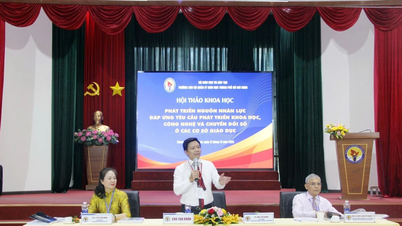


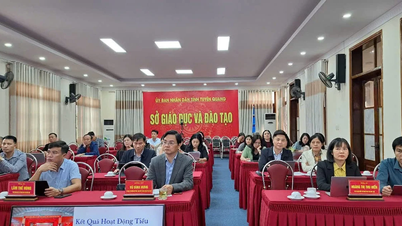

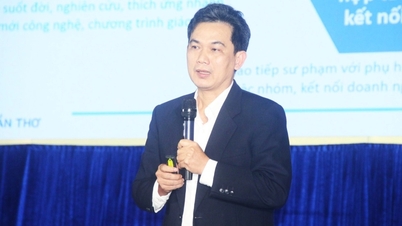

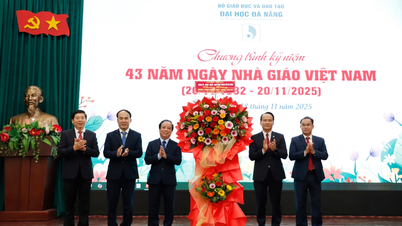


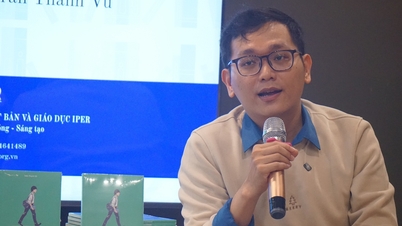


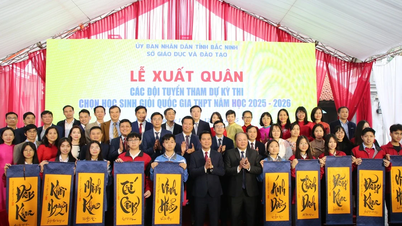
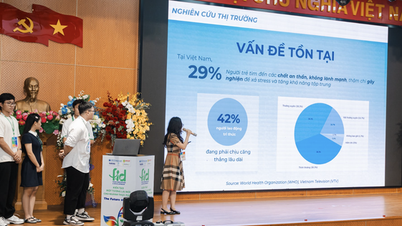










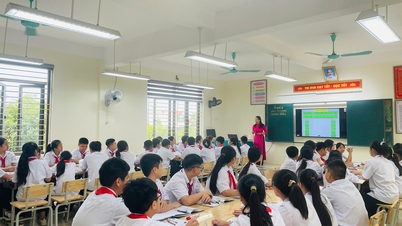
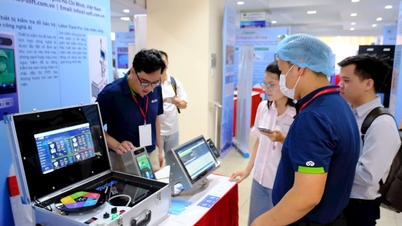
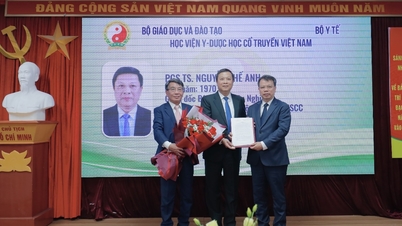


































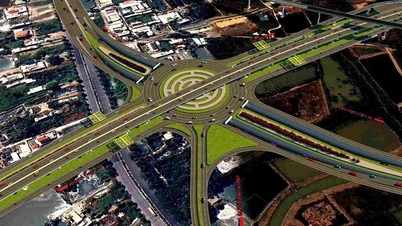









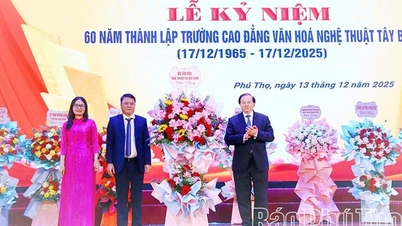
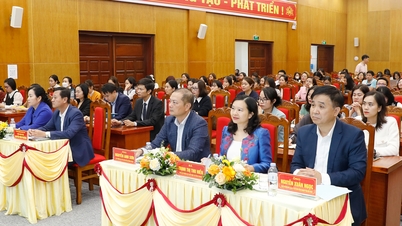

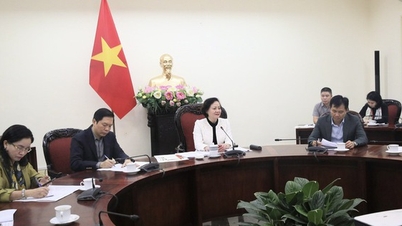

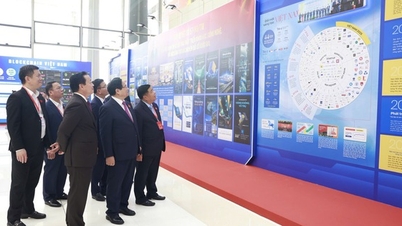





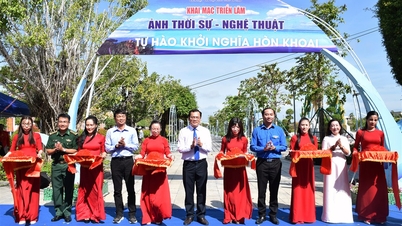
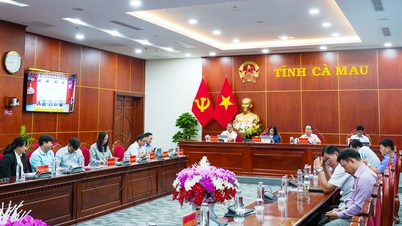















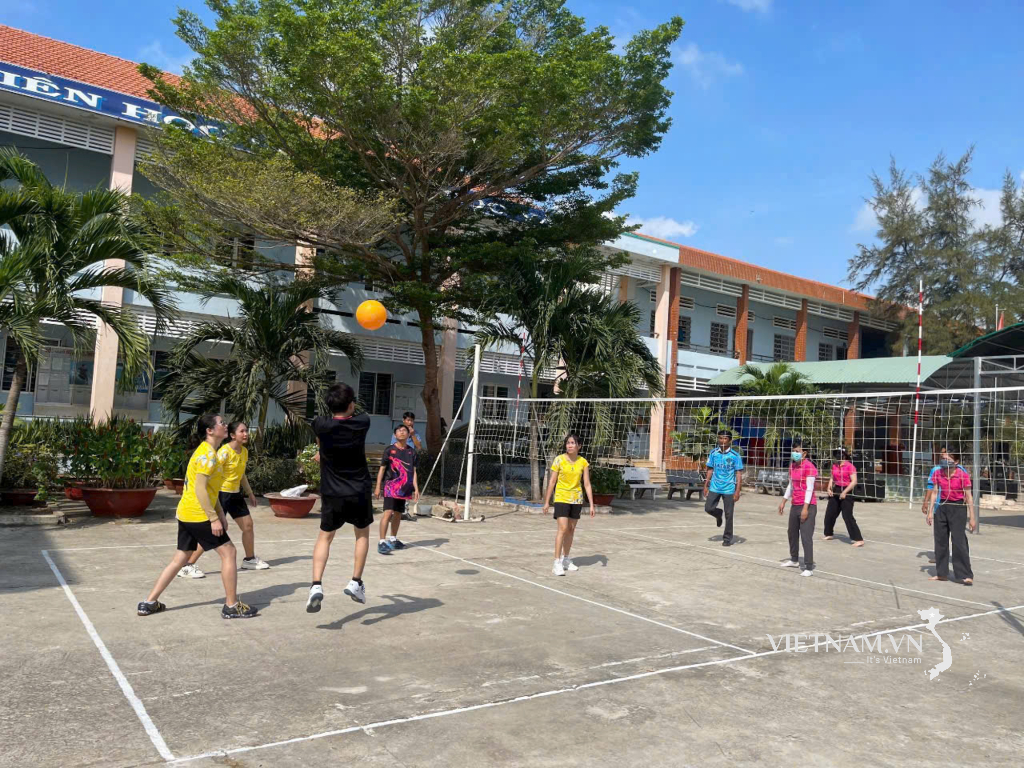
Comment (0)